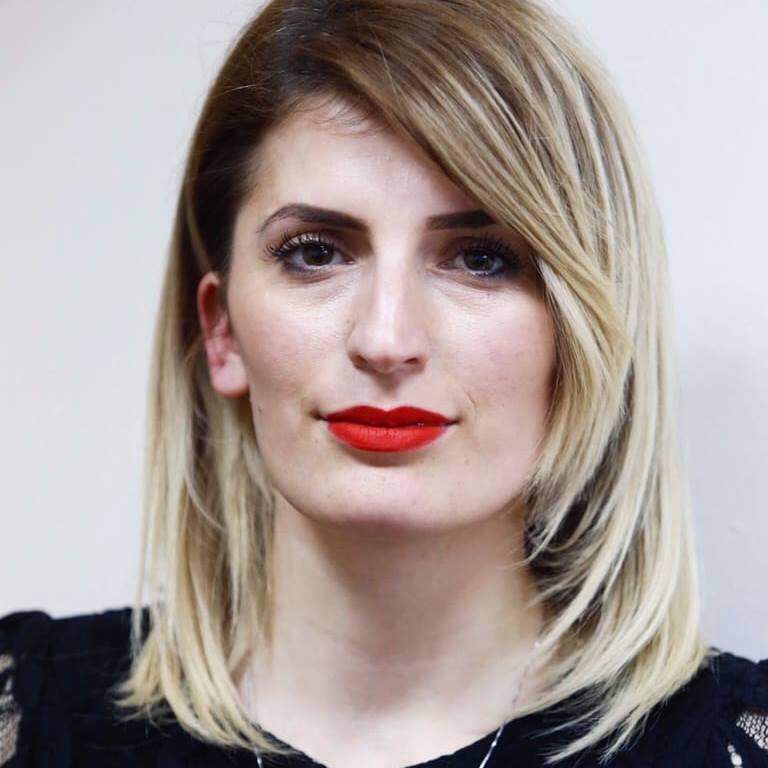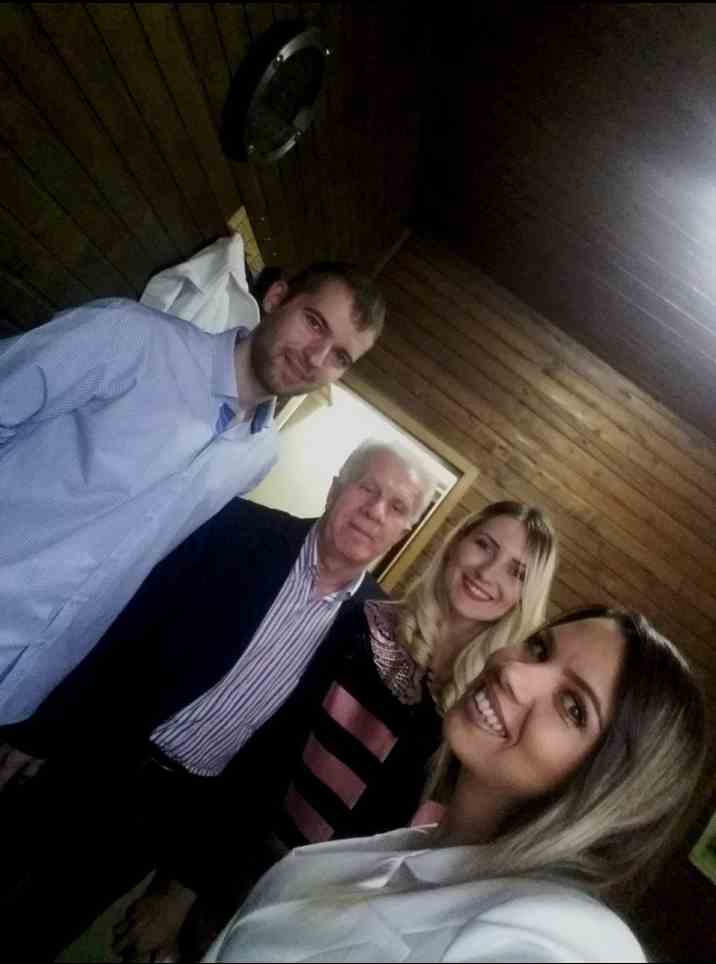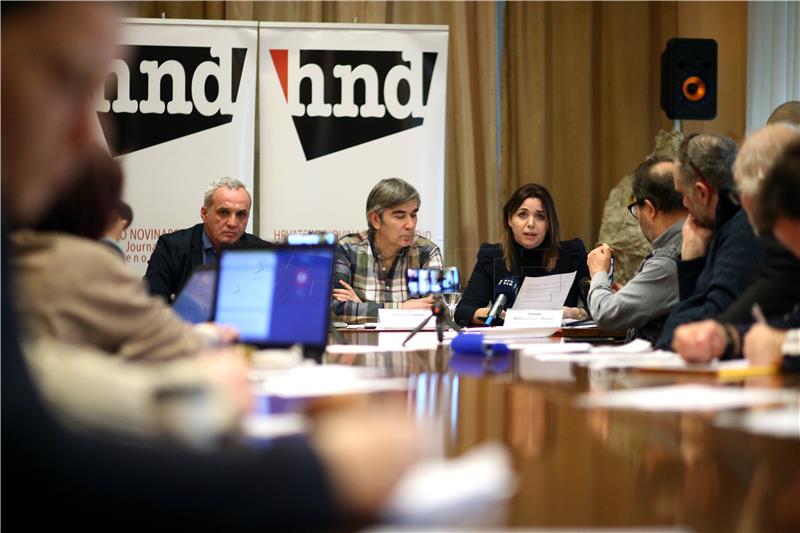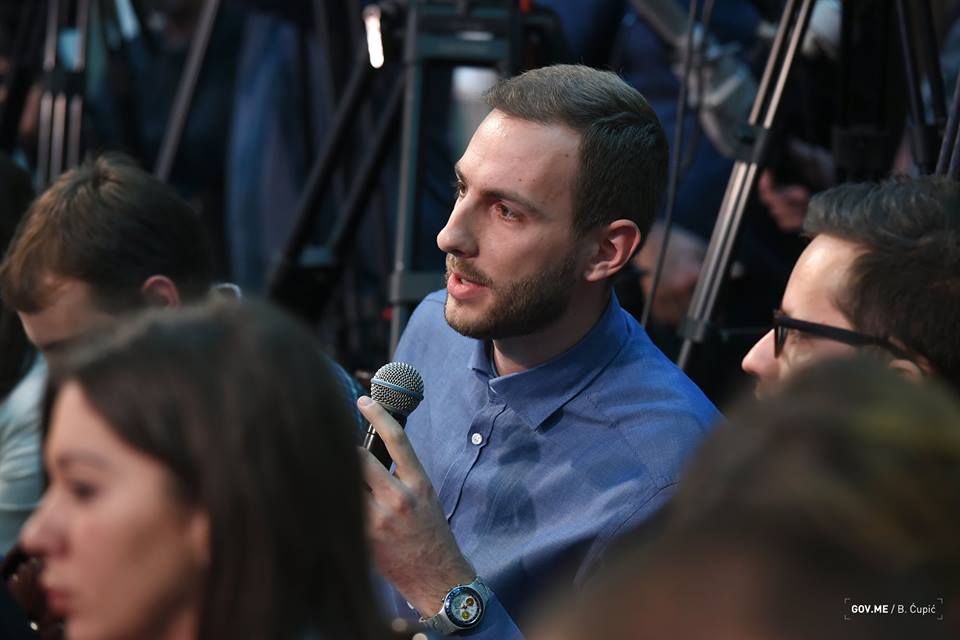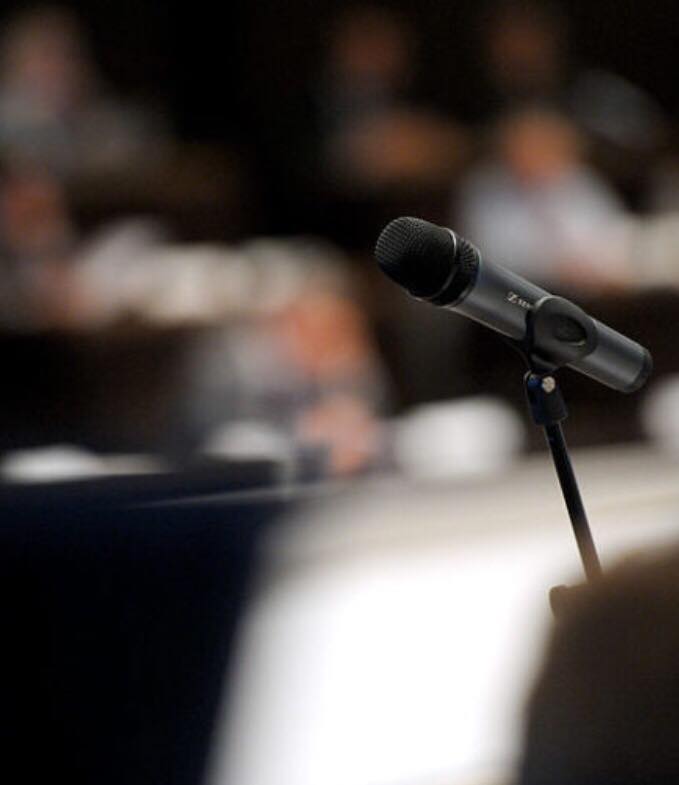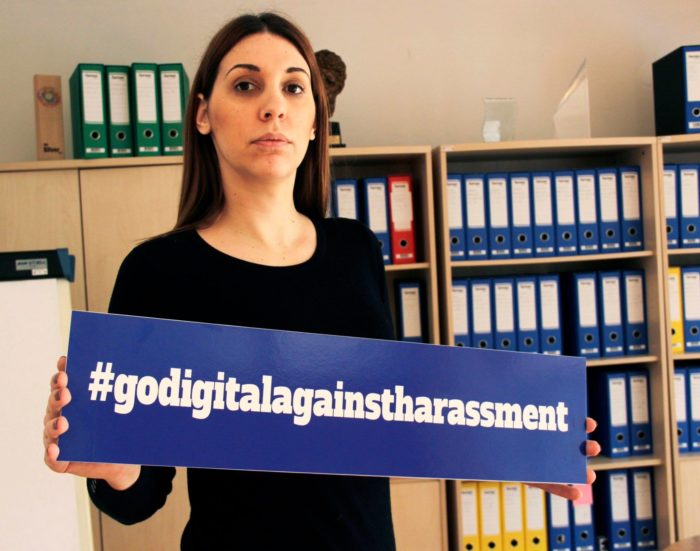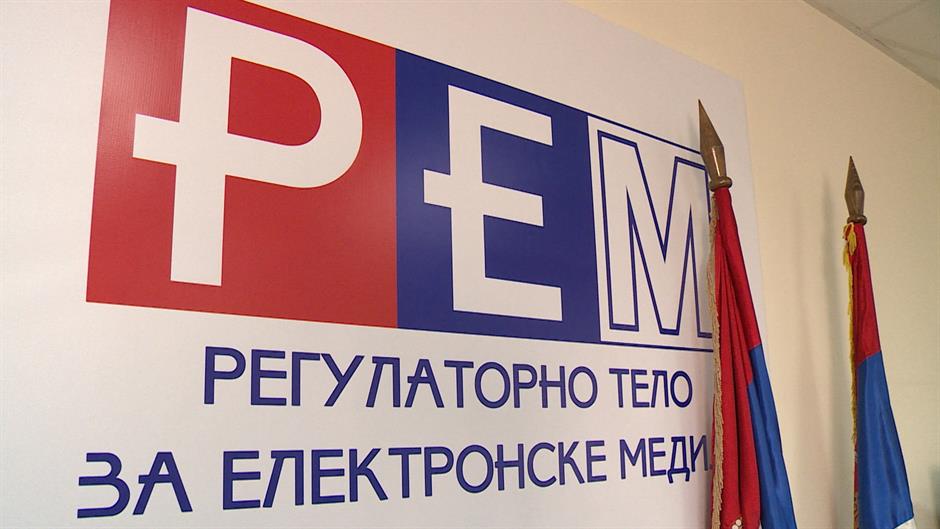BELGRADE, 31.12.2018. – The key problem of the audiovisual media sector in Serbia is an inefficient and politicized Regulatory Body for Electronic Media (REM). This is the conclusion of numerous panels and analysis carried out by various teams of experts, both domestic and international.
The law defines this body as autonomous and independent, and its task is to regulate, control and sanction electronic media. However, REM i.e. its Council has never succeeded in building itself as an independent, credible and professional body.
Since its inception, the Regulatory Body for Electronic Media is considered as the weakest link in the domestic media sector, and such perception has been further strengthened throughout previous years, when the former “passivity” of this body grew into an open refusal to perform the role entrusted to it. Instead of protecting the public’s interest and working to preserve the freedom of opinion and information, REM continuously tolerates the behavior of media that is in conflict with the law and professional codes, thereby causing immeasurable damage not only to the media public sphere, but also to democratic processes and the society as a whole.
Criticism at the expense of the Serbian Regulatory Body for Electronic Media is represented in all annual progress reports of the European Commission (EC) on Serbia’s accession negotiations. That was also the case in the last report of 2018, in which was stated that it was necessary to strengthen REM so this body is able to “protect media pluralism”. The same is also stated in the Resolution of the European Parliament on Serbia adopted at the end of November 2018.
Citizens of Serbia – Victims of a Non-professional Regulatory Body
Serbian citizens had a chance to assure themselves in numerous cases to what extent the ineffective work of this body has a devastating effect on the democratic processes and civilization values.
Due to the refusal of REM to control media reporting during the pre-election campaigns from 2016 to 2018, Serbian citizens were deprived of their democratic right to have equal access to the programs of all political candidates in the electronic media. Thus, the key prerequisite for democratic and fair elections – free access to media and equal treatment for all participants in the political game – was roughly violated. Thanks to such an omission of REM, the reporting of certain media has turned into propaganda in favour of the ruling political option.
Using the law’s incompleteness, REM refused to control media coverage during the election campaign and to inform the public about it, as well as to react in cases where the media violated the obligation of equal representation of political candidates in their programs. Also, REM’s reaction to political advertising beyond the election campaign, which is prohibited by law, is continuously lacking.
In addition to contributing to the collapse of democratic processes, the Regulatory Body, since its establishment, has been showing a shocking insensitivity to the protection of children’s rights and human dignity in the audiovisual media sphere. The standard of civilization to protect children against programs which might seriously impair their physical, mental or moral development, which is a priority activity of regulatory authorities in the EU countries, for the REM Council it is only a sporadic activity. Instead of reacting, REM tolerates media contents that contain violence, inappropriate speech and behavior, which are broadcast in daily programs when the minors are watching TV.
Causes of Inefficiency
During the previous years, the work of REM was discussed at numerous round tables, and different researches and analysis were conducted. The experts consider that the ineffective work of this regulatory body is a consequence of the following factors:
a) Never adequately built independence of this body, which is the basic precondition for the effective functioning of any independent state body. Because of the lack of personnel and functional independence, the REM Council is perceived as a body that is subject to the influence of external factors.
b) Inadequate legal solutions, as well as legal imprecisions that the REM Council skillfully uses to avoid the implementation of its prescribed provisions.
Such an evaluation is also made by the expert team of the Council of Europe, who in the study on the functioning of this Regulatory body states that REM in its work too much retreat to “law-abiding activities without necessarily being effective in regulating the Serbian electronic and audiovisual media”. (The Independence and Functioning of the Regulatory Authority For Electronic Media in Serbia,page 65).
Domestic and international researchers agree that it is necessary to make certain corrections to existing regulations in order to ensure that REM functions as an independent and efficient regulatory body. Key recommendations for amending the legislation are also provided in the documents of the Independent Journalists’ Association of Serbia – NUNS, written with the consultation of the INDIREG study, which, at the request of REM, was prepared by the expert team of the Council of Europe.
The Key: Strengthening the Functional and Personal Independence of the Regulatory Body
1.In order to ensure the functional independence of REM, which would be a defence against any possible external influences, it is necessary to change its legal status and separate REM from the system of public administration, which is one of the proposals NUNS put forward in its document for improving the work of the Regulatory body.
By separating the REM from the system of public administration, employees in this body would no longer be treated as civil servants and officials. It would also reduce the influence of state authorities on the work of REM, who have in recent years, by their inactivity and using the absence of legally defined deadlines, hindered the work of the Regulator, delaying the approval of the financial plan and the Statute of REM.
Also, it is necessary to change the categorization of REM’s activities in order to release this body from the performance of entrusted tasks, the execution of which can be taken over by the competent ministry for a certain period if it assesses that REM does not perform them properly.
2.In order to strengthen the personal independence and professionalism of the REM Council, it is necessary to improve the method and criteria for the selection of its members. The proposal that has been discussed for some time by experts – to exclude Parliamentary Committees from the list of authorized proposers, who nominate REM Council members, was also discussed at the Freedom of media and safety of journalists in Serbia in 2018, NUNS conference held in December 2018 in Belgrade. It is believed that in this way the political influence on the selection of candidates would be avoided, and advocates of this view consider that such “liberated” positions should be distributed among journalist associations and civil society organizations that are now grouped as collectively authorized proposers.
The participants of the NUNS conference insisted that the precise deadlines are introduced in which the competent parliamentary committee is obliged to act when it comes to all stages of the election of members of the REM Council – proposing, pronouncing, verification.
Also, in order to strengthen the personal independence of the Regulator, it is particularly important to establish clear criteria for the election of members of the REM Council, which are not currently envisaged in the law. In that sense, it is necessary to adopt concrete criteria that will enable the selection of proven experts with moral credibility. Another important recommendation for reducing the political impact on the work of the Council is restoring an earlier legal decision that members of the REM Council may have only one mandate.
The opinion of the Council of Europe experts is that the current method of harmonization of REM Council nominees among organizations that make one authorized proposer is “prone to failure in practice” (INDIREG study, page 52). One of the reasons for that is that “it is quite difficult for several organizations that together form single authorized nominator to agree among themselves on the two candidates to be nominated…” (INDIREG study, page 61).
Imposition of Fines and More Efficient Control of the Media
1.A recommendation for which there has been a general consent for some time is that it is necessary to strengthen the penal measures as soon as possible, i.e. to introduce the possibility for REM to impose direct fines on media which violate laws and professional codes. Such a practice already exists in most European countries and is in line with the Council of Europe documents (see paragraph 48 of Recommendation No. R (2000) 23 of the Committee of Ministers on the Independence and Functions of Regulatory Authorities for the Broadcasting Sector). When imposing fines, it is necessary to take care that the amount is proportionate to the economic strength of the media so that the survival of the media is not jeopardized (e.g., the amount of fine cannot be the same for the local and national media).
The inability to impose fines REM Council often uses as an excuse for its chronic inefficiency in controlling the work of the media and in imposing adequate measures.
The long-standing practice of the Regulator is that it rarely pronounces the measures that the law provides for. And when it does, it exclusively pronounces milder measures such as preliminary warnings and warnings, even when the media service provider repeatedly commits the same misdemeanour or makes a more serious offense. (In 2017 he pronounced three and in 2016 five mild measures). The REM Council only once imposed a ban on the broadcasting for 24 hours, and that was done to TV Hepi for the program Parovi (The Couples). But it has never applied the strictest measure of revocation of the license, although some electronic media systematically and continuously violate human rights, offend human dignity and jeopardize media freedoms in their programs.
The standpoint of domestic and international experts is that it is necessary to change the practice of REM which investigates possible breaches of professional standards only when a complaint is submitted by a person or body. It is also necessary for the Regulator to start acting on its own initiative. The negative consequences of the current practice are particularly felt during the pre-election campaign or in cases when inappropriate reality shows are broadcast.
2.The great disadvantage of the Regulator’s work is that the procedures for investigating breaches of professional standards in television and radio programs have always been non-transparent. Furthermore, despite numerous remarks and requests, steps have never been taken to ensure that communication with citizens is open and transparent, and that information on the work of this body is available to everyone.
In that sense, it is necessary to enable that the entire work of the Regulator is transparent to the general public and that simple and open communication with the citizens is ensured, especially in the context of resolving complaints of citizens, both on regular issues and during the pre-election process.
Protection of Democracy and Human Rights
In order to avoid that the Regulatory Body contributes to the collapse of electoral and other democratic processes and protects the violation of human rights and freedoms, it is particularly important that the legal acts define the way in which REM is obliged to monitor the media coverage during the pre-election campaign. Which media REM is supposed to oversee and on the basis of which criteria? In which intervals it submits media monitoring reports, what measures does it take, to which bodies REM submits final reports on the media monitoring – these are only some of the questions. It is necessary to specify in particular the obligations of the REM regarding the control of the media in cases of unauthorized political advertising, as well as in cases of uneven representation of political candidates in electronic media programs during the pre-election campaign.
With the aim to finally stop a decade-long violation of children’s rights and human dignity in electronic media programs, it is necessary to harmonize, as soon as possible, domestic regulations with the improved EU AVMS Directive, which prohibits dissemination of harmful content to minors on all media platforms. In accordance with the practice of other European countries, it is high time that Serbia, in its media regulation, introduces a rule that programs rated “12” can only be broadcast after 9 pm., so that the daily terms remain reserved for programs that are acceptable to all generations. By accepting this standard, the vulgar and violent reality shows would be automatically displaced from the daily offer of televisions with a national frequency.
In studies of domestic and international experts who analyzed the work of REM, other important recommendations were also given to improve the work of this body and to create a healthy media environment. Some of them are related to the introduction of the Director of REM who would implement the Council’s decisions and carry out daily tasks, which should contribute to raising the efficiency of this body. It is also proposed to further specify the procedure for dismissal of members of the Council in cases of “unprofessional work”, to introduce contact point for citizens dissatisfied with the REM actions. The strengthening of legal mechanisms to ensure respect for media pluralism in media content is also being encouraged, as well as establishing a fund in which the surplus income of REM will be collected and used for the production of media content in the public interest.
It is expected that most of the above mentioned recommendations will be part of the future media strategy whose draft have been finalized these days and which will be discussed at a public hearing scheduled for January 2019.

This article has been produced as a part of the project Western Balkan’s Regional Platform for advocating media freedom and journalists’ safety with the financial assistance of the European Union. The contents of this article are the sole responsibility of the Independent Journalists’ Association of Serbia and its authors, and can in no circumstances be regarded as reflecting the position of the European Union.


